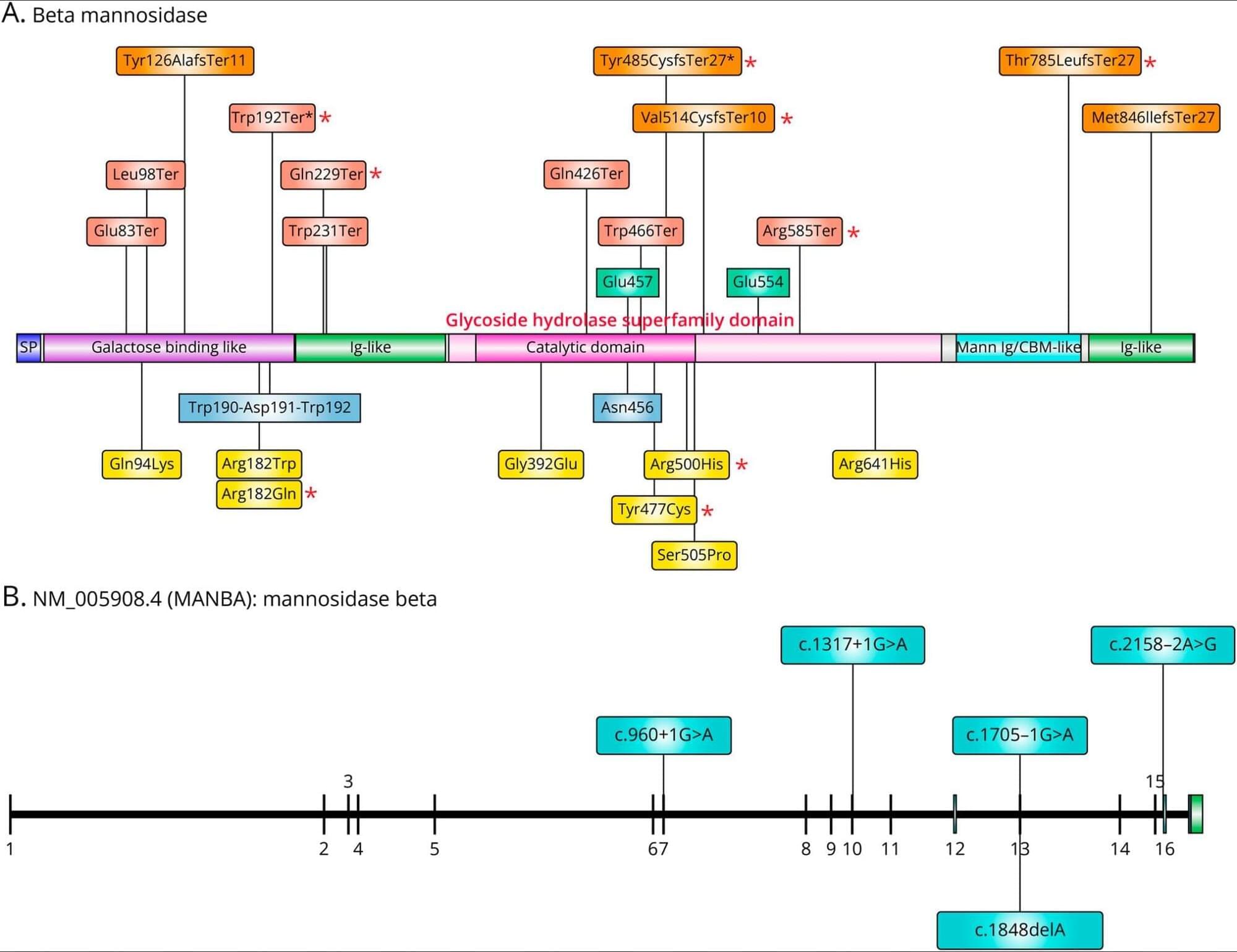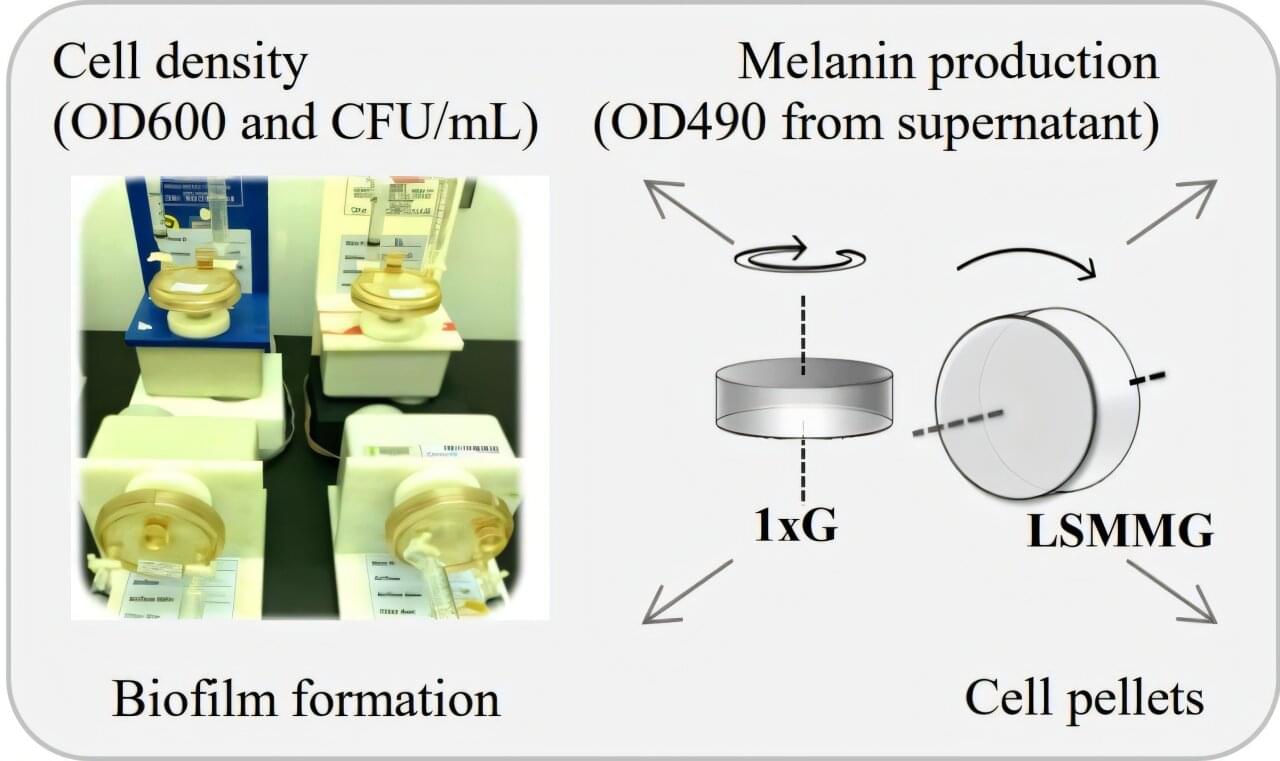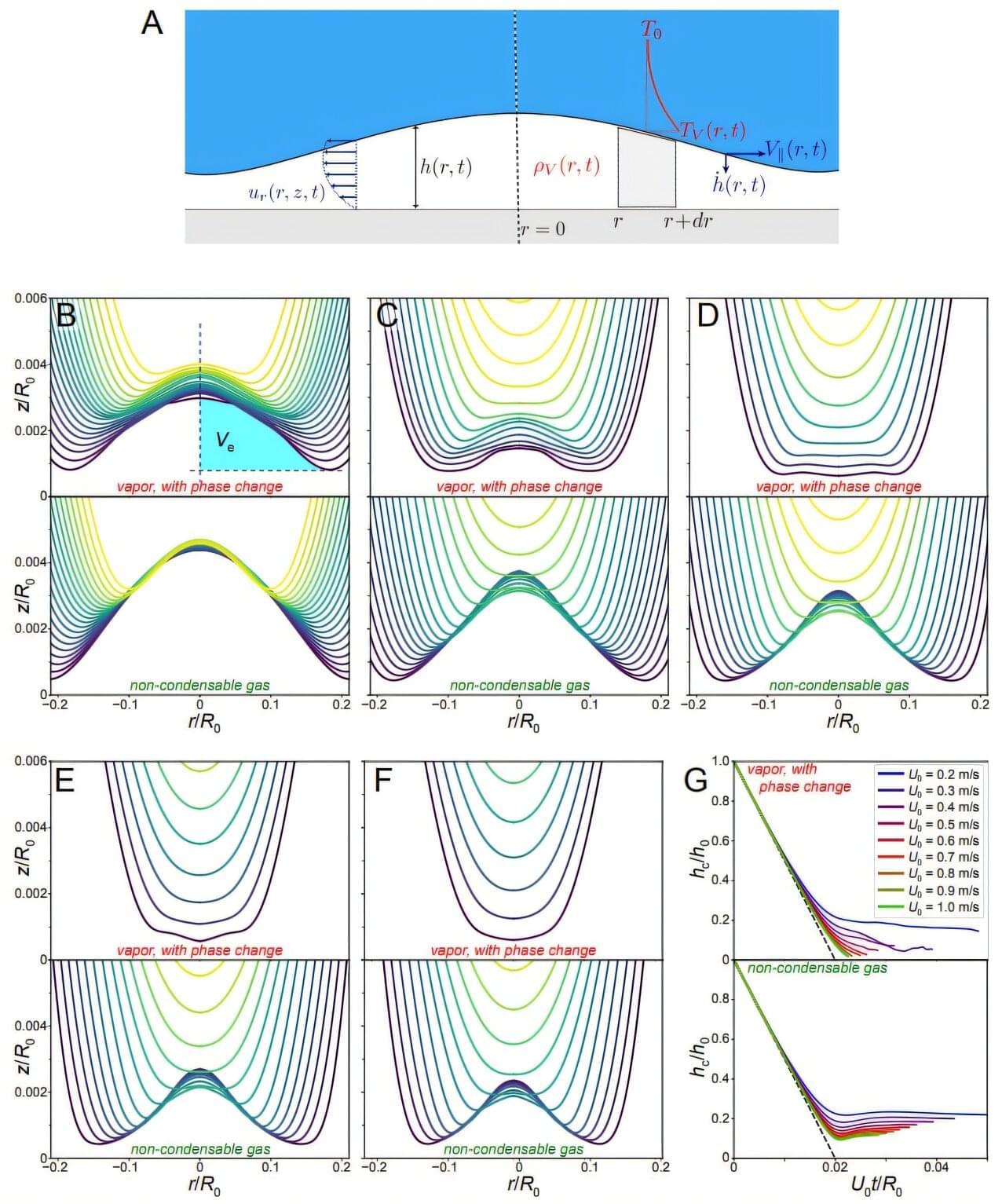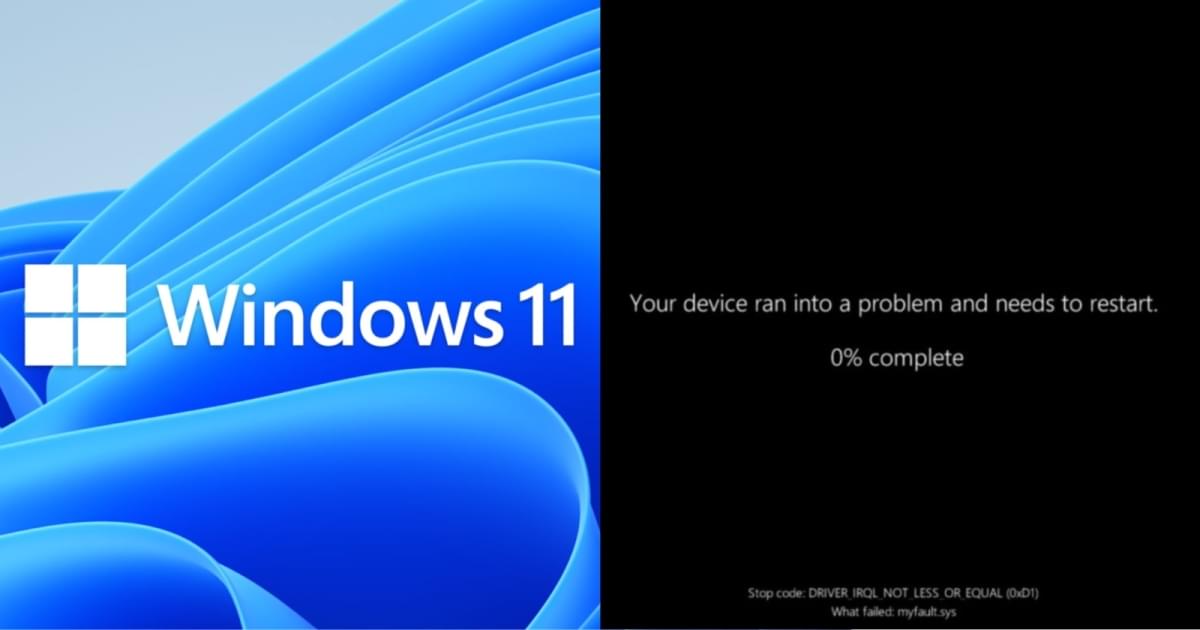Scientists at the U.S. Naval Research Laboratory (NRL) have completed a spaceflight biology investigation aboard the International Space Station (ISS) that reveals how microgravity fundamentally alters microbial metabolism, limiting the efficiency of biological manufacturing processes critical to future long-duration space missions. The findings were recently published in the journal npj Microgravity.
The Melanized Microbes for Multiple Uses in Space Project (MELSP), launched to the space station in November 2023, examined how microgravity affects the ability of engineered microbes to produce melanin, a multifunctional biopolymer known for its radiation-shielding, antioxidant, and thermal stable properties.
Results from the completed mission show that while microbes remain capable of producing melanin in space, microgravity significantly interferes with substrate transport, cellular stress responses, and metabolic balance, ultimately reducing production efficiency.







